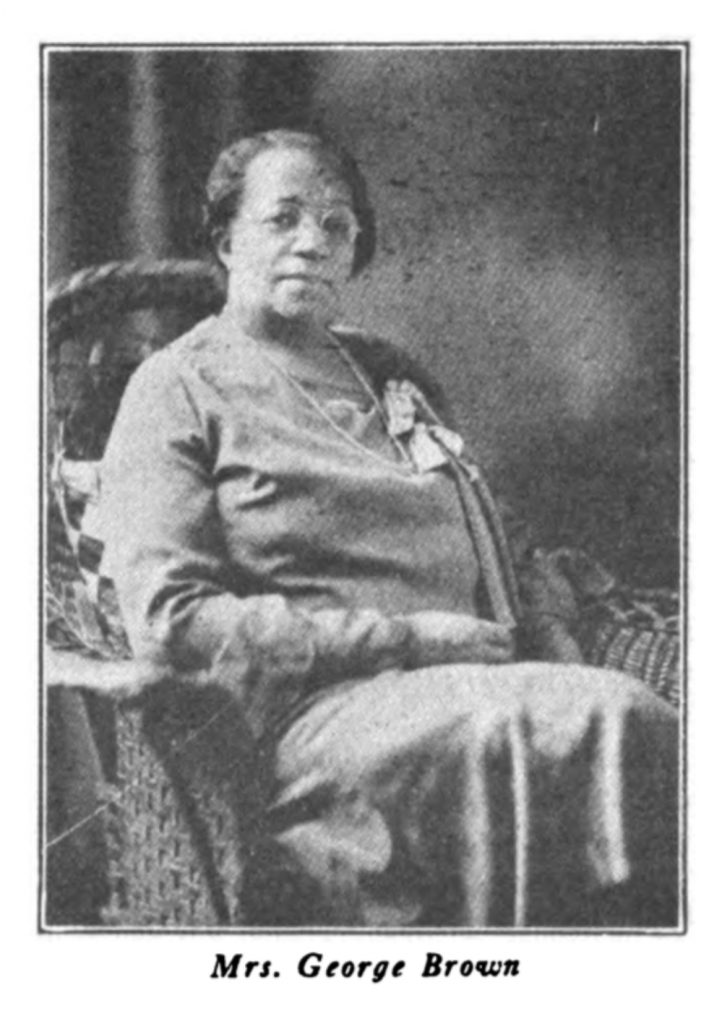Founder and Chief Executive Officer of the Black Scranton Project, Glynis Johns, watches the raising of the Pan-African flag at the organization’s inaugural flag raising for last year’s Black History Month, held on Feb. 1, 2020. via The Black Scranton Project.
by Ann Siock | Staff Writer and Kelsey Wynn | Editor in Chief
SCRANTON – As cities across the United States celebrate Black History throughout the month of February, The Black Scranton Project will unveil its second year of programming by raising the Pan-African Flag for the second time at Scranton City Hall, 340 N. Washington Ave., at noon on Saturday.
The event will feature community recognition profiles, including local and state leaders, to honor Black history. Face masks and social distancing are required.
Scranton-born Glynis Johns founded The Black Scranton Project in 2019 as a way of giving back to her community and helping it take ownership of its place in Scranton’s history.
Johns said because of the dominance white cultural traditions have in the city, images associated with Scranton tend to look like shamrocks and Italian flags. In an April 2020 TEDx Talk, Johns smiled when she said she would rather people think of Scranton and see Black fists and kente cloths.
“Growing up […] I always felt like [Scranton] wasn’t for me, like it has nothing to offer people of color,” Johns said. “I wanted to leave and go to New York and find a community that supported myself and my creative endeavors.”
Once she got into college at St. John’s University, Queens, N.Y., Johns said her perspective on her hometown began to shift.
“I started to pick up research for my graduate thesis and… research the Black history here in Scranton and it started to make me feel like there is value here… that there was and continues to be a Black community here that continues to do things that inspire me,” Johns said.
One of the stories Johns encountered during her research was that of Louise Tanner Brown, a Black woman and Scranton resident who took over and improved on her husband’s trucking business, G.W. Brown Trucking Company, in 1926. Brown’s success in business and her concern for her community earned her a place in W.E.B. DuBois’ The Crisis.

A photograph of Louise Tanner Brown, featured in the Journal of Negro Life, 1930. via The Black Scranton Project.
Brown’s story and countless others in Scranton’s 200 years worth of Black history brought Johns back to the area after receiving her graduate degree determined to share Scranton’s hidden history and bolster the city’s Black community.
“Continuing to find more and more stories about the community was enough to kind of bring me back and kind of take ownership of the city instead of letting other people tell me that I don’t belong here,” Johns said. “Because I have just as much claim [here] if not more because I have had generations of my family live in the city.”
The Black Scranton Project celebrated its first anniversary on Juneteenth, which was observed for the first time in Scranton’s history in 2020 as a way to peacefully protest with the Black Lives Matter Movement.
John said although 2020 was a tough year, it was also a year of excitement and success for Black Scranton.
“Plucking these people out of the archives, the unknown, and bringing them to the forefront and forcing people to acknowledge and recognize them and give them their flowers for the things that they’re doing, it’s something I feel really blessed to do.”
Glynis Johns, Founder and Chief Executive Officer of the Black Scranton Project
“We raised the Pan-African Flag for the first time in the city of Scranton to Juneteenth when we had a Juneteenth Jubilee at Nay Aug Park. Those two events were markers, not just for the Black Community but for us,” Johns said. “They have been a game changer because we have been able to establish ourselves as an organization that is totally dedicated to the Black community and that we are creating progress and standing up to injustice and we are creating traditions in our city. Both of those two things are the start of traditions and I think that is really important.”
Throughout the month of February, the organization is also set to hold a series of panels to discuss health and wellness issues in the Black community; a lunchtime round table held in partnership with the University of Scranton to spotlight three Black women who own businesses in Scranton; and will partner with the Albright Memorial Library to host a virtual book discussion on the novel Never Caught: The Washingtons’ Relentless Pursuit of Their Runaway Slave, Ona Judge, complete with a question and answer session with author Erica Armstrong Dunbar.
“Every month is Black history month, but to me Black History Month means that we have the opportunity to celebrate unapologetically during February and remind people of historic figures both locally and nationally,” Johns said. “Plucking these people out of the archives, the unknown, and bringing them to the forefront and forcing people to acknowledge and recognize them and give them their flowers for the things that they’re doing, it’s something I feel really blessed to do.”
Students interested in volunteering with The Black Scranton Project can reach out to them on their Instagram, Twitter or Facebook, or to reach out via their website.
